Just the other day, the IEA office received an e-mail asking for a recommendation for an Enneagram training program. The writer pointed out that there are many training programs available, and she wanted to make sure that she selected one that was “trustworthy.”
These emails arrive frequently, and they present the IEA with a dilemma. The IEA is strictly non-partisan and we do not make endorsements when we get requests like this. One of the IEA’s guiding principles is that it doesn’t actively promote any schools or teachers over others. This has irritated some people when they wanted to advocate for a pet project that benefitted particular schools over
others, but it is a foundational governance principle for the organization to remember that the IEA’s function is to provide equal opportunities for all of our members to increase their professionalism, education, and participate in the Enneagram community; not to advance the interests of any particular parties.
However, there are many people out there who promote themselves as Enneagram teachers, and the numbers seem to be growing every day. Most are excellent teachers with a lot of experience and they do a great job; others are not. One of the beauties of the Enneagram is that it is, in a sense, an open source system—on occasion, new and useful insights are developed and incorporated into the communal body of knowledge; but other times the insights that develop are less useful. Most of the people who teach the Enneagram adhere to a high standard of ethical and professional excellence, but some do not. There is no real barrier to entry for someone to start calling themselves an Enneagram teacher; should the community simply rely on “caveat emptor”—the principle that the buyer alone is responsible for his or her choice—or should it try to help people seeking Enneagram education make informed decisions?
It was in the face of this dilemma that the IEA accreditation program was conceived in 2008. The IEA wanted to provide some mechanism by which people could know something about the professional and ethical commitment of individual Enneagram teachers. The members of the board at the time knew that the IEA could not qualitatively assess the capabilities of all the teachers, schools, or programs that might seek recognition, so they decided to create an accreditation program rather than a certification program. It would exist not as an “IEA seal of approval” on content but as an opportunity for our members to publicly declare that they have met a certain level of Enneagram-related education and accomplishment and that they adhere to a specific code of ethical and professional guidelines. It would also be a mechanism for ensuring that practice was consistent with the declaration because the IEA would rescind accreditation when the code of ethics was violated (an action the IEA has had to take, unfortunately).
I’ll admit that when I first heard about the accreditation program I was ambivalent toward it. I eventually came to realize how important it is, however. In fact, I believe it is one of the most important functions the IEA will serve in the future. As the Enneagram spreads and future generations of teachers start establishing their practices, the public needs some way of protecting itself from that small percentage who might be less than professional and ethical. And it will help everyone in the community if there is some mechanism for people to announce to the world that they hold themselves accountable to a set of standards.
One way for that to happen is for Enneagram professionals—those who teach the Enneagram or use it in their work in some way—to participate in the accreditation program. Doing so makes it clear that you have, at a minimum, met a defined level of preparation and that you are committed to a code of ethics. Because the IEA has in the past and will in the future withdraw accreditation when violations are brought to its attention, your accreditation is evidence that you practice what you publicly commit to.
So if you teach the Enneagram or use it in your work, if you hold yourself to a high level of professionalism and ethical practice and want a way to let others know, if you want to be part of a community that takes itself seriously enough to hold itself to a set of standards, I encourage you to participate in the IEA accreditation program.
You can find more information at:
http://www.internationalenneagram.org/Accreditation/index.html


